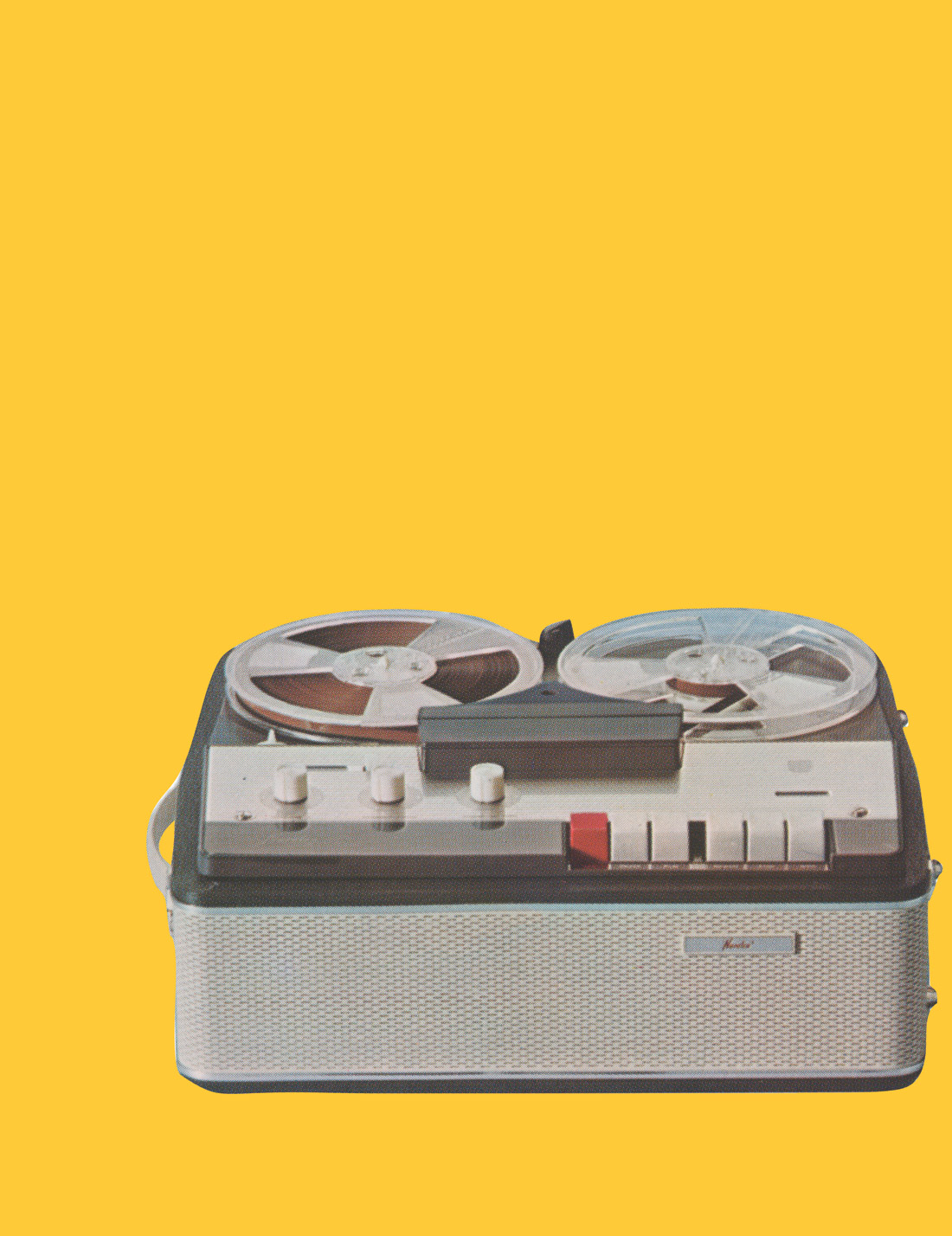Tape Op gets a lot of CD's in the mail. Some are great, and we play them to death, but many just plain stink. Why?
Maybe nobody is listening. The recording process is great. You can create amazing sonic landscapes that draw the listener in. You can bolster the mood of a song with great overdubs and studio tricks that would be impossible in a live setting. There's just one problem. You must have a great song to begin with.
The songwriting process is beyond the scope of this short column, but it's obviously the most important element. Recording only exists to capture the song and music and is not the most important part! It seems that many songwriters, especially in the "indie/alternative" rock world, have incredibly small record collections or a really narrow perspective on what they plan to achieve with their music. This is a big problem. I'm not saying that schizophrenic genre hopping is cool ('cause it usually sucks) but one thing I've noticed about all great artists is that they draw inspiration from many diverse sources and often times the music they create is vastly different from what they listen to. Songwriting should be familiar without being obvious. If you can guess, on first listen, what lyrics are coming up or what chord progression the chorus will use, then a song is predictable and weak. If the lyric line follows the chords so close that they're nearly one-in-the- same, then the whole tune feels one-dimensional. Arrangements are very, very important too. Cutting out 'dead' spots in the songs is very crucial, as can be repeating an earlier part in order to reinforce thematic elements or to give a sense of resolve. All of the above can be learned by listening. When you put on your favorite record, listen to how the songs are structured. How do the vocal melodies fit the chords? What's the song structure? You'll be surprised at how simple some songs are and how complex some that appear easy really are. Listening is also incredibly valuable to the engineer/producer/recording geek. Maybe even more valuable to the recordist than the artist. When I hear poorly done home recordings, what usually strikes me first is how the piece doesn't sound 'right'. This 'right' isn't a rule laid down by some god of music, it's what we've grown accustomed to hearing from the last 90 years of recorded music. Not that I'm saying rules shouldn't be broken, but if you're trying to get someone to listen to a recording of a band, it should sound similar to records by bands that pursue a common aesthetic. What I hear is people trying too hard. Every piece of the drum kit has been close mic'd and EQ'd drastically and the bass has been tampered with until only the lowest lows ("Make it sound deep, man!") and highest highs remain. What bugs me is, that with a proper amount of listening and perspective, all this could be avoided. Just as a songwriter should listen to the music of others to know what works and what doesn't, recordists should listen to records, a lot, to know what makes them tick.
Personally, I'd be wary of working with anyone, engineer or artist, who hasn't done a lot of listening. If you're gonna bend the "rules" of songwriting or recording, you have to be familiar with the "rules". If you haven't put in the time at home listening to records, how fine tuned will your ears be when it's time to mix an album? It's music, and it all starts with keeping your ears open.

